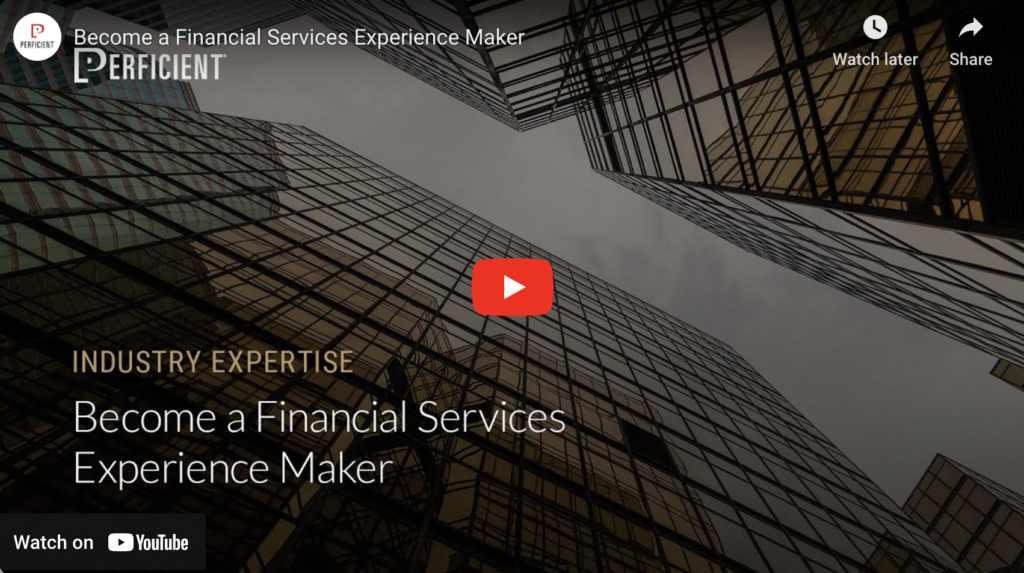Digital transformation initiatives should also consider the maturity, limitations, and appropriateness of artificial intelligence, machine learning, and robotics technologies.
Again, look to other industries for insight. If you believe the automotive pundits, fully autonomous, driverless cars are only months away. Google and Tesla told us they would have fully autonomous cars by 2018; GM planned to put a fully autonomous car, with no steering wheel, into production in 2019.
These predictions drove much investment and assumed the software – a combination of artificial intelligence and machine learning algorithms – would be ready and able to deal with the extremely complex task of driving a car on public roads, in all conditions. But the experts now believe it may be years, if not decades, before self-driving cars can reliably avoid accidents.
Despite the almost unthinkable progress that has been made in AI and machine learning, researchers are finding that the technology isn’t as good at “generalization” (the ability to make decisions about data in which it hasn’t been trained) as was once thought. This isn’t a lesson about the failure of technology, but rather a lesson about the dangers of mismatched expectations – extraordinary progress has been made, but it hasn’t matched the hype and expectations.
Just as we live in an age of the “Amazonification” of everything (pushing wealth management firms to deploy technologies that provide client experiences more like those of their favorite retail brands), the opposite is also true. Every time a driverless car crashes or injures or kills a pedestrian, and every time a news story breaks regarding biased Google search results and fake Facebook news feeds, client trust erodes in the artificial intelligence, machine learning, and robotics technologies touted as improvements.
Take the time necessary to develop a set of facts based on primary, secondary, and tertiary research for application and technology design decisions. If you know what your specific clients want (and will tolerate), you can make informed, cost-effective decisions and prioritize investments based on client-centric parameters.
Understanding the details about what clients want, and operationalizing that customer and market feedback, provides practical insight into the process and technology changes required to build organizational trust.
We recently published a guide exploring how to build trust in wealth management. You can download the guide below or by clicking here.


